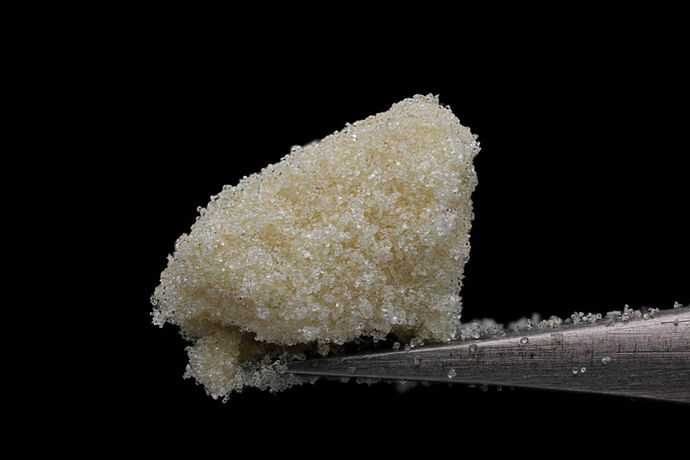Hemp shouldn’t be grown like other crops. Excuse me if you’re a regular reader of this column and you’ve heard me rant and rave about this before, but obviously very few conventional farmers read this publication.
I talk to farmers interested in growing hemp for the first time. I try to introduce farmers to the hemp marketplace’s culture and norms. If you’re going to grow hemp, you need to know who buys hemp and how they think. It’s a new market with sometimes unique ways of doing business.
The CBD industry is dealing with an oversupply and falling prices. Smart farmers are considering hemp fiber crops. The only way to make money in the fiber market is to have a lot of it. Yes, growing hemp for the fiber market is speculative short term – but we all know its day is coming and fiber doesn’t go stale. It has a long shelf life. Think about how much hempcrete Lowes and Home Depot could sell if building codes caught up with it. When cardboard packaging is made with hemp, countless acres will be planted. If hemp t-shirts and pants were side by side with cotton, farmers would race to fill the void.
Hemp is the right plant at the right time. But conventional farmers new to the plant always question me when I insist they grow hemp regeneratively and organically, taking the overall carbon footprint into consideration. This is often met with a long silence on the other end of the phone call or Zoom session. “Why? No one’s going to eat hempcrete or hemp paper? What’s the big deal about organic hemp?”
My response is twofold. The hemp industry was founded by hemp activists and farming any crop should be done in an environmentally responsible manner. In other words, growing hemp isn’t just about swapping corn or soybeans for hemp. Hemp is the key to changing our fundamental relationship to the planet and how we as a species interact with the world we live in. It’s 2021 and quite honestly, none of us have a real choice in how we live our lives moving forward. Either we change or we kill the planet we all depend on for our very survival.
Many in the hemp movement are acting out of a deeply held passion. We try to live up to our own ideals day by day. Whether your analysis is based on the impact of global warming or trade imbalances or chemical pollutants seemingly out of control, building a hemp industry infrastructure that supports a healthy and healing relationship with Spaceship Earth is a non-negotiable. If I have two business partners I can work with, I’ll always favor the one whose corporate ideals and mission most closely meshes with mine. I avoid those whose practices rub me the wrong way. I’ll take the opportunity to begin a conversation about how we could work together in the future, but underline the fact that I as a business owner have multiple options about who I do business with and I’m not afraid to say no.
The planet is getting hotter whether you want to accept science as fact or not. Droughts and fires are an increasing threat to all of us, especially those that depend on the land for their livelihoods. Building healthy soil is one way to address changing weather patterns. Growing hemp for new industries that support a healthy lifestyle is no longer optional. Get on board or get out of the way.
So yes, I tell farmers to grow hemp unlike any other crop they’ve grown before. Not only will they be rewarded with higher prices in the market, they’ll sleep better at night knowing their children will inherit a healthier farm, both environmentally and financially.
P.S. Thanks goes out to Adam Hunter, who heard me recite a condensed version of this article as we planted hemp seedings at Hunter & Reich Farms. He shook his head in agreement, and from then on, I knew I was onto something.










